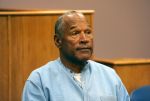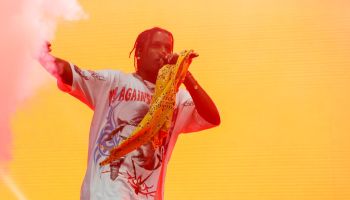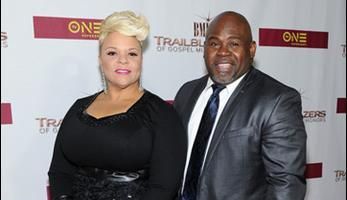Farrah Gray got his start selling hand-painted rocks. Growing up in inner-city Chicago in the 1980s, Gray grew accustomed to days “when the only thing in our refrigerator was the light that came on when you opened the door,” he writes in his book, “Reallionaire.”
It was also an event worth recording when a month would pass without anyone being shot in his housing project, he writes. So he was determined from a young age to become self-sufficient. He told AOL Jobs that he credits the poverty of his childhood as the great motivating factor.
And not only did Gray become very rich, but he did so starting at a very young age. At 6 years old, he looked around his block in search of something that could be converted into a salable product, and settled on rocks.
“There’s no idea dumb enough you can’t get at least a billion people to buy into,” he says about his first $50 profit. He began by painting and refashioning the rocks to make them into bookends and doorstops.
“It’s the spirit of the Third World entrepreneur,” he says. “You have to create your own job. You can’t wait to rely on Exxon or Wal-Mart to hire you. And that’s the spirit I try to teach to young entrepreneurs.”
Following his stint as the rock-salesman, Gray moved on to homemade body lotions and eventually his bigger enterprises, which included prepaid phone cards. Along the way, he became a media figure, with his own radio show, “Youth AM/FM,” on which he opined about issues related to youth entrepreneurship. He also wrote a series of books, starting with “Reallionaire,” published in 2005. He also launched the Farrah Gray Foundation, which promotes youth entrepreneurship among inner-city youth.
Of course, for every Farrah Gray, there’s the countless number of failed young entrepreneurs. The multimillionaire himself was forced to confront challenges beyond just getting the financing for an idea. As a black man, Gray says that he is regularly discriminated against. Just recently, when a book of his was published in Russia, his picture was taken off the cover. “I was OK with it, knowing it was a marketing decision, and that the information would still get out.”
Nevertheless, Gray has become the millennial generation’s poster child and a leading cheerleader for striking it on your own, at as early an age as you’d like. Among his high-profile backers is Bill Clinton. And according to research compiled by the Kauffmann Foundation, which is a partner of the Farrah Gray Foundation, Gray’s story is indicative of a generational entrepreneurial drive. From 2007 to 2010, roughly 40 percent of those aged 18 to 24 have expressed a desire to start their own business, if they haven’t already done so. The most recent data set for 2010 came from polling over 5,000 young adults, with help from Harris Interactive Polls.
Source: HuffingtonPost.com















